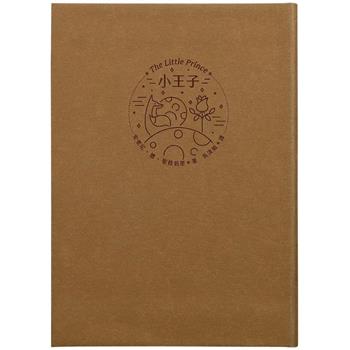Combining corpus linguistics, critical discourse analysis, and a discourse analysis of narratives, this book considers one aspect of the Brexit process: the language that journalists, politicians and individuals used to write and talk about what it means to be British and European around the time of Brexit. It reveals a trajectory towards a discourse of national division in Brexit Britain in three datasets: pro-Brexit newspaper articles, UK Government documents, and interviews with individual citizens.
Demonstrating the important role that (supra-)national identity discourses played in discussions about Brexit, the book traces a shift towards a representation of Brexit Britain as divided and in decline at a time when the construction of a collective identity is likely to be paramount. The emerging representation is a direct contradiction of the great global trading nation narrative that the Vote Leave campaigners - and later the UK Government - promised, questioning the discursive success of the Global Britain project.
Constructing Brexit Britain demonstrates that the transition from pre- to post-Brexit Britain was a crucial period of destabilisation for institutional and lay national identity narratives. It also illustrates that the coming years are likely to be just as important, as the UK forges its post-Brexit place in the world amid declining levels of trust in politicians, calls for a second Scottish membership referendum, the COVID-19 pandemic, and a cost of living crisis.
| FindBook |
有 1 項符合
Constructing Brexit Britain: A Corpus-Assisted Approach to National Identity Discourse的圖書 |
 |
Constructing Brexit Britain: A Corpus-Assisted Approach to National Identity Discourse 作者:Parnell 出版社:Bloomsbury Academic 出版日期:2024-07-11 語言:英文 規格:精裝 / 256頁 / 23.39 x 15.6 x 2.54 cm / 普通級/ 初版 |
| 圖書館借閱 |
| 國家圖書館 | 全國圖書書目資訊網 | 國立公共資訊圖書館 | 電子書服務平台 | MetaCat 跨館整合查詢 |
| 臺北市立圖書館 | 新北市立圖書館 | 基隆市公共圖書館 | 桃園市立圖書館 | 新竹縣公共圖書館 |
| 苗栗縣立圖書館 | 臺中市立圖書館 | 彰化縣公共圖書館 | 南投縣文化局 | 雲林縣公共圖書館 |
| 嘉義縣圖書館 | 臺南市立圖書館 | 高雄市立圖書館 | 屏東縣公共圖書館 | 宜蘭縣公共圖書館 |
| 花蓮縣文化局 | 臺東縣文化處 |
|
|
圖書介紹 - 資料來源:博客來 評分:
圖書名稱:Constructing Brexit Britain: A Corpus-Assisted Approach to National Identity Discourse
內容簡介
|





![塔木德:猶太人的致富聖經[修訂版]:1000多年來帶領猶太人快速累積財富的神祕經典 塔木德:猶太人的致富聖經[修訂版]:1000多年來帶領猶太人快速累積財富的神祕經典](https://media.taaze.tw/showLargeImage.html?sc=11100697818)





